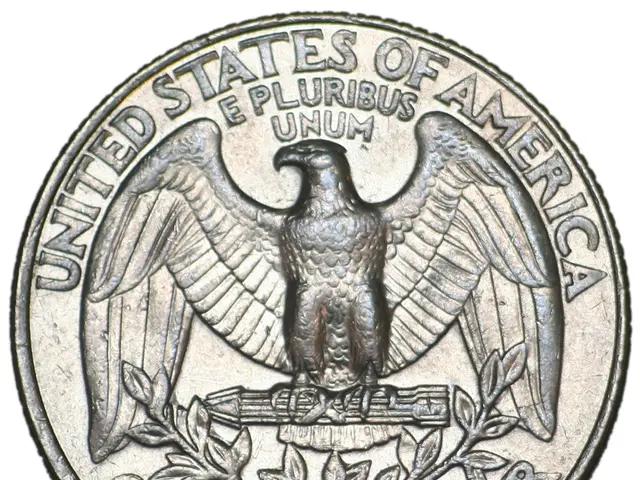Credit Cards Affect Credit History Type
In the world of personal finance, understanding credit cards and their impact on credit scores is essential for individuals aiming to build or improve their creditworthiness. Here's a comprehensive guide to various types of credit cards and best practices for using them effectively.
**1. Secured Credit Cards**
Designed for individuals with little or no credit history or those looking to rebuild their credit, secured credit cards require a cash deposit as collateral. To make the most of these cards, use them responsibly by always paying your balance in full each month, keeping your credit utilization low, and treating the card like a regular credit card to establish a positive payment history.
**2. Unsecured Credit Cards**
As your credit improves, consider transitioning to unsecured cards to free up deposits tied to secured cards. Maintain low credit utilization and pay on time to build a strong credit history. Avoid opening too many new accounts in a short time to prevent negative impacts from multiple hard inquiries.
**3. Student Credit Cards**
Specifically designed for college students with little to no credit history, student credit cards can help young individuals start building credit. Use these cards for small, manageable purchases and always pay the full balance or more than the minimum to avoid interest and debt accumulation.
**4. Rewards Credit Cards**
Rewards credit cards offer cashback, points, or travel rewards based on spending. To maximise rewards without incurring interest or debt, use these cards wisely by paying off the entire balance each month. Avoid overspending just to earn rewards, which can harm your credit through high utilization or missed payments.
**5. Business Credit Cards**
Business credit cards are meant for business expenses and can help establish business and personal credit when used responsibly. Keep business and personal expenses separate to simplify financial management and credit reporting. Pay bills on time to build business credit without affecting personal credit negatively.
**6. Retail Store Credit Cards**
Retail store credit cards are store-specific and can help build credit if used responsibly, but they may have high-interest rates and limited usability. Use these cards selectively and pay balances in full to avoid costly interest and build credit through consistent, on-time payments.
**7. Charge Cards**
Since charge cards typically require payment in full each month, consistently paying the full balance on time builds an excellent payment history. Use these cards within limits and avoid late payments to maintain strong credit.
**8. Subprime Credit Cards**
Intended for those with low credit scores, subprime credit cards can rebuild credit if payments are made on time. However, they are risky for long-term use due to high fees. Focus on making all payments on time and keeping balances low to improve creditworthiness, with the goal of upgrading to prime credit cards as your credit improves.
**9. Balance Transfer Credit Cards**
Balance transfer credit cards offer low or 0% introductory APR on balance transfers from other cards, allowing users to consolidate debt and save on interest payments. Make at least minimum payments timely to avoid penalty interest and maintain credit history. Plan to pay balances before the introductory rate expires to avoid high interest.
**10. Prepaid Cards**
Do not typically build credit because they are not a form of borrowing. Use prepaid cards only for budgeting or spending control, not for credit building.
**General Best Practices Across All Types:**
- Pay all bills on time, every time. - Keep credit utilization low, ideally under 30%. - Maintain older credit accounts open to lengthen your credit history and improve your credit score's age factor. - Use a mix of credit types responsibly to positively affect your credit mix. - Avoid opening too many new accounts at once to prevent multiple hard inquiries, which can temporarily lower your score.
By adhering to these guidelines—paying on time, managing balances wisely, and using each card type appropriately—you can build and maintain a strong credit history effectively.
- For individuals aiming to grow their personal-finance portfolio, understanding business credit cards can help establish business credit and improve chances of securing loans or better business finance terms.
- Incorporating personal-finance practices like low credit utilization and timely payments into the use of business credit cards can contribute to a strong business credit score, leading to better loan opportunities.
- Comparing the returns and fees of rewards credit cards against other investment opportunities in the world of finance can help users optimize their personal-finance growth strategies, given the potential for cashback or travel rewards.




